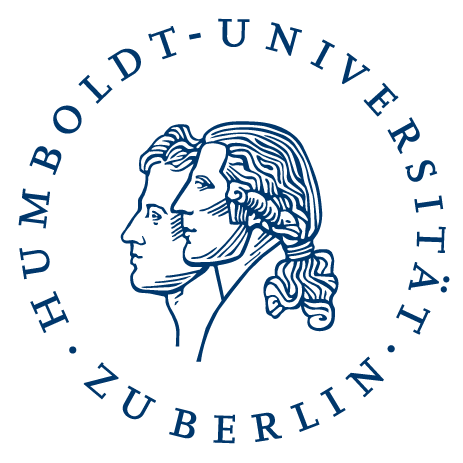SCIENCeQUALITY: Women Are Credited Less in Science Than Men
Women are significantly less likely to be named on a given article or patent produced by their team relative to their male peers. This is shown by large-scale administrative data on research teams, team scientific output and attribution of credit.

Figure: Women are less likely to be named authors on any given document in all fields and at all career stages. The article is licensed under a Creative Commons Attribution 4.0 International License.
Graphs plot the probability that a potential author on a scientific document (article or patent) is a woman against the probability that an actual author is a woman. A potential author is defined as an employee in a laboratory between 2013 and 2016 from which an article or patent was published between 2014 and 2016. The diagonal represents parity in the gender composition of potential and actual authorships.
Professor Julia Lane: “We have known for a long time that women publish and patent at a lower rate than men. But because previous data never showed who participated in research, no-one knew why. There were anecdotes—like that of Rosalind Franklin, who was denied authorship in a famous Nature article by James Watson and Francis Crick despite correctly demonstrating the double helix structure of DNA—but there was no evidence.” *
*Matthew B. Ross, Britta M. Glennon, Raviv Murciano-Goroff, Enrico G. Berkes, Bruce A. Weinberg & Julia I. Lane: Women are credited less in science than men, Nature 608/2022, pp. 135-145.
See the full article here
Julia Lane is a Professor at the NYU Wagner Graduate School of Public Service and a NYU Provostial Fellow for Innovation Analytics. She cofounded the Coleridge Initiative, whose goal is to use data to transform the way governments access and use data for the social good through training programs, research projects and a secure data facility.
This paper is presented to you by SciencEquality:
SciencEquality is a a bottom-up initiative organized by PhD students and postdocs from the HU Berlin who aims to broadcast research promoting equality in science at all levels. To learn more about SCIENCeQUALITY see the link to their METIS-Interview.
Contact: sciencequalityberlin@gmail.com





